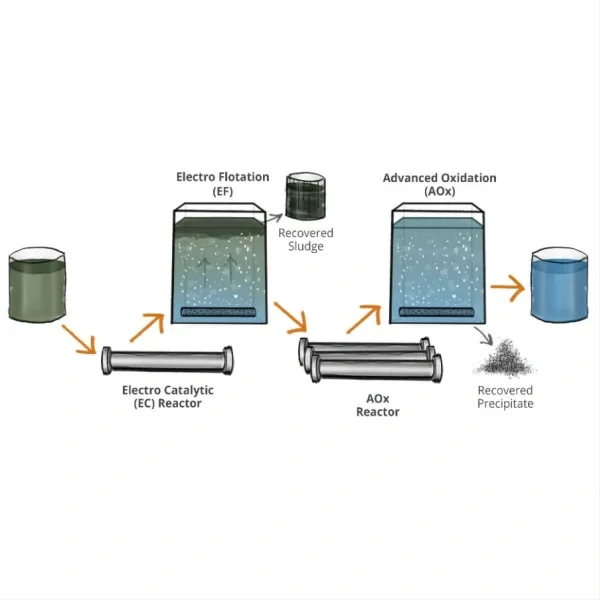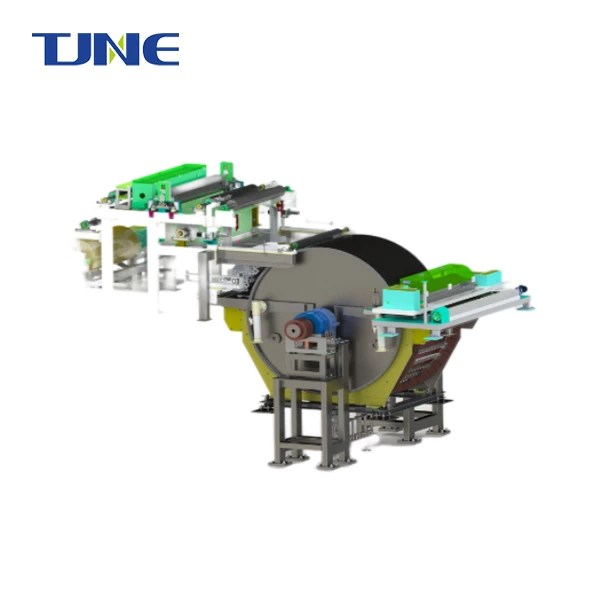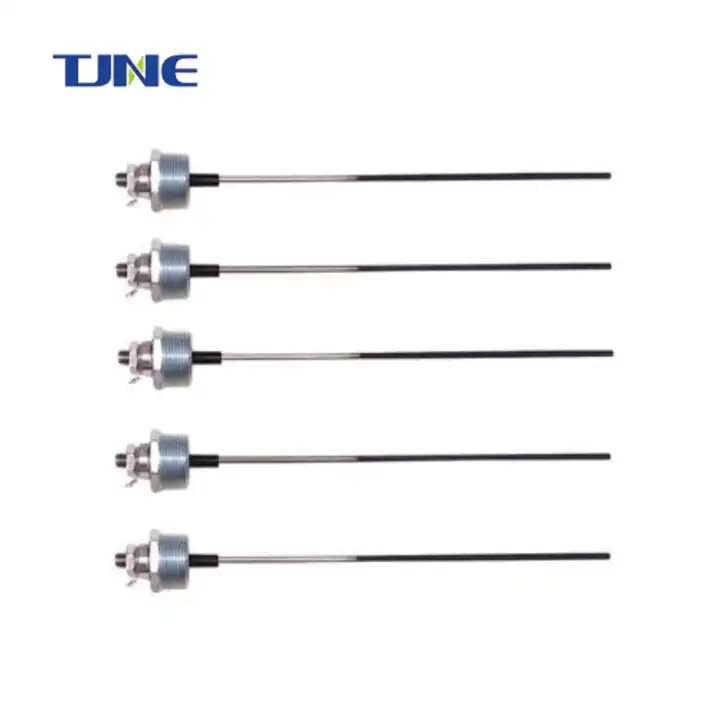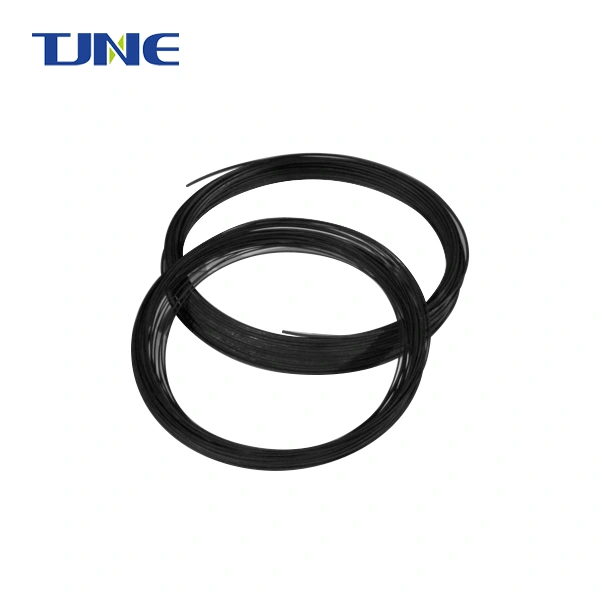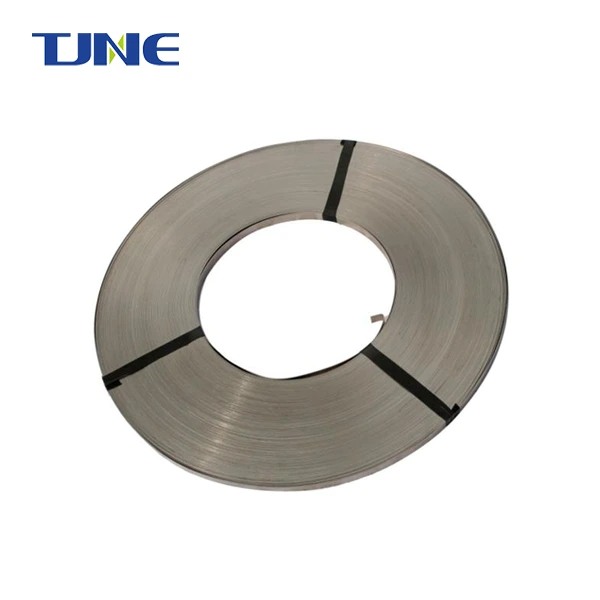- English
- French
- German
- Portuguese
- Spanish
- Russian
- Japanese
- Korean
- Arabic
- Greek
- German
- Turkish
- Italian
- Danish
- Romanian
- Indonesian
- Czech
- Afrikaans
- Swedish
- Polish
- Basque
- Catalan
- Esperanto
- Hindi
- Lao
- Albanian
- Amharic
- Armenian
- Azerbaijani
- Belarusian
- Bengali
- Bosnian
- Bulgarian
- Cebuano
- Chichewa
- Corsican
- Croatian
- Dutch
- Estonian
- Filipino
- Finnish
- Frisian
- Galician
- Georgian
- Gujarati
- Haitian
- Hausa
- Hawaiian
- Hebrew
- Hmong
- Hungarian
- Icelandic
- Igbo
- Javanese
- Kannada
- Kazakh
- Khmer
- Kurdish
- Kyrgyz
- Latin
- Latvian
- Lithuanian
- Luxembou..
- Macedonian
- Malagasy
- Malay
- Malayalam
- Maltese
- Maori
- Marathi
- Mongolian
- Burmese
- Nepali
- Norwegian
- Pashto
- Persian
- Punjabi
- Serbian
- Sesotho
- Sinhala
- Slovak
- Slovenian
- Somali
- Samoan
- Scots Gaelic
- Shona
- Sindhi
- Sundanese
- Swahili
- Tajik
- Tamil
- Telugu
- Thai
- Ukrainian
- Urdu
- Uzbek
- Vietnamese
- Welsh
- Xhosa
- Yiddish
- Yoruba
- Zulu
Titanium electrodes have gained significant attention in saltwater systems due to their exceptional properties and versatile applications. These electrodes are renowned for their corrosion resistance, durability, and high efficiency in various electrochemical processes involving saltwater environments. The use of titanium electrodes in saltwater systems has revolutionized numerous industries, including water treatment, desalination, and marine technology. This blog post will explore the applications and benefits of titanium electrodes in saltwater systems, addressing key questions and providing insights into their implementation.
How do titanium electrodes perform in saltwater electrolysis?
Titanium electrodes demonstrate remarkable performance in saltwater electrolysis, making them a preferred choice for various applications. The process of saltwater electrolysis involves the decomposition of saltwater (sodium chloride solution) into its constituent elements through the application of an electric current. Titanium electrodes play a crucial role in this process due to their unique properties and advantages.
One of the primary reasons for the superior performance of titanium electrodes in saltwater electrolysis is their exceptional corrosion resistance. When exposed to saltwater, which is highly corrosive, titanium forms a protective oxide layer on its surface. This layer, known as the passivation layer, acts as a barrier against further corrosion, ensuring the longevity and stability of the electrode. As a result, titanium electrodes can withstand prolonged exposure to saltwater without significant degradation, making them ideal for long-term use in electrolysis systems.
Furthermore, titanium electrodes exhibit excellent electrical conductivity, which is essential for efficient electrolysis. The high conductivity allows for the smooth flow of electric current through the electrode, facilitating the breakdown of saltwater molecules into their constituent ions. This property, combined with the electrode's corrosion resistance, ensures consistent and reliable performance over extended periods.
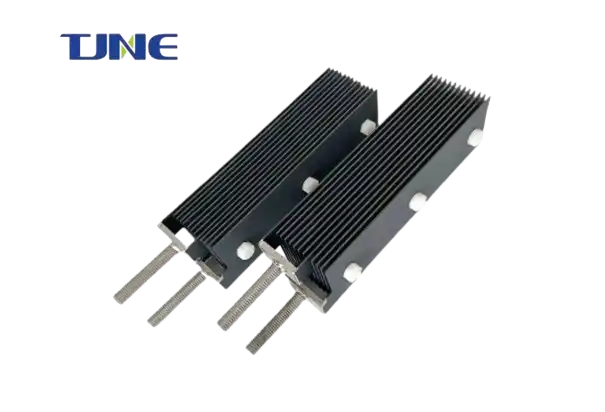
Another advantage of titanium electrodes in saltwater electrolysis is their ability to maintain a stable overpotential. Overpotential refers to the additional voltage required to drive an electrochemical reaction beyond the thermodynamically determined potential. Titanium electrodes demonstrate a relatively low and stable overpotential in saltwater electrolysis, which translates to improved energy efficiency and reduced operational costs.
The versatility of titanium electrodes in saltwater electrolysis extends to various applications. In the field of water treatment, titanium electrodes are employed in electrochlorination systems to generate chlorine for disinfection purposes. The electrodes facilitate the production of hypochlorite ions from saltwater, providing an effective and eco-friendly alternative to traditional chlorine dosing methods. This application is particularly valuable in remote locations or areas where the transportation and storage of chlorine pose logistical challenges.
Moreover, titanium electrodes find extensive use in desalination processes, particularly in electrodialysis and electrodeionization systems. These technologies rely on the selective removal of ions from saltwater to produce freshwater. Titanium electrodes, with their corrosion resistance and stable performance, enable efficient ion separation and contribute to the overall effectiveness of the desalination process.
In the realm of marine technology, titanium electrodes are utilized in cathodic protection systems to prevent corrosion of underwater structures such as ship hulls, offshore platforms, and pipelines. The electrodes act as anodes, supplying electrons to the protected structure and effectively mitigating corrosion in the harsh saltwater environment.
What are the advantages of using titanium electrodes in seawater treatment?
The use of titanium electrodes in seawater treatment offers numerous advantages, making them an indispensable component in various water purification and desalination processes. Seawater treatment is a critical application that addresses the growing global demand for clean water resources, and titanium electrodes play a pivotal role in enhancing the efficiency and effectiveness of these treatment systems.
One of the primary advantages of titanium electrodes in seawater treatment is their exceptional corrosion resistance. Seawater is highly corrosive due to its high salt content and the presence of various minerals and microorganisms. Titanium's ability to form a protective oxide layer when exposed to seawater ensures that the electrodes remain intact and functional even after prolonged use. This corrosion resistance translates to reduced maintenance requirements and extended lifespan of the treatment systems, resulting in significant cost savings over time.
Furthermore, titanium electrodes exhibit excellent chemical stability in seawater environments. Unlike other electrode materials that may leach harmful substances into the treated water, titanium electrodes remain inert and do not contaminate the water supply. This property is particularly crucial in applications where water quality and purity are of utmost importance, such as in the production of drinking water or in sensitive industrial processes.

The high electrical conductivity of titanium electrodes is another advantage in seawater treatment. Efficient electrical conduction is essential for various electrochemical processes involved in water treatment, including electrodialysis, electrodeionization, and electrocoagulation. Titanium electrodes facilitate the smooth flow of electric current, ensuring optimal performance of these treatment technologies and contributing to overall energy efficiency.
Titanium electrodes also demonstrate superior mechanical strength and durability, which is particularly beneficial in seawater treatment applications. The harsh conditions often encountered in coastal and offshore environments, including strong currents and abrasive particulates, can cause significant wear and tear on electrode materials. Titanium's robust nature allows it to withstand these challenges, maintaining its structural integrity and performance over extended periods.
In the context of electrochlorination, a common method for disinfecting seawater, titanium electrodes offer significant advantages. The electrodes can be coated with catalytic materials such as mixed metal oxides, enhancing their efficiency in chlorine generation. This process, known as dimensionally stable anode (DSA) technology, allows for the production of chlorine directly from seawater, eliminating the need for chemical storage and transportation. The use of titanium-based DSA electrodes in electrochlorination systems results in improved safety, reduced operational costs, and enhanced environmental sustainability.
Another notable advantage of titanium electrodes in seawater treatment is their versatility in terms of design and configuration. Titanium can be easily fabricated into various shapes and sizes, allowing for customized electrode designs that optimize performance in specific treatment applications. This flexibility enables engineers to create efficient and compact treatment systems tailored to the unique requirements of different seawater sources and treatment objectives.
The biocompatibility of titanium electrodes is an additional advantage in certain seawater treatment applications, particularly those involving biological processes. In systems that incorporate biofilms or utilize microbial communities for water purification, titanium electrodes provide a suitable surface for microbial attachment and growth without adversely affecting the microorganisms or the treated water quality.
Moreover, titanium electrodes contribute to the overall sustainability of seawater treatment processes. Their long lifespan and minimal maintenance requirements reduce the need for frequent replacements, thereby minimizing waste generation and resource consumption. Additionally, the energy efficiency afforded by titanium electrodes in various electrochemical processes contributes to reduced carbon footprints and improved environmental performance of seawater treatment facilities.
How do titanium electrodes contribute to marine corrosion prevention?
Titanium electrodes play a crucial role in marine corrosion prevention, offering an effective and long-lasting solution to protect various underwater structures and vessels from the damaging effects of saltwater. The application of titanium electrodes in marine environments has revolutionized corrosion prevention techniques, providing significant advantages over traditional methods.
One of the primary ways titanium electrodes contribute to marine corrosion prevention is through their use in cathodic protection systems. Cathodic protection is an electrochemical technique that prevents corrosion by making the protected structure the cathode of an electrochemical cell. In this system, titanium electrodes serve as anodes, supplying electrons to the protected structure and effectively shifting its potential to a range where corrosion is thermodynamically unfavorable.
The exceptional corrosion resistance of titanium itself is a key factor in its effectiveness as an anode material in cathodic protection systems. Unlike traditional sacrificial anodes made of materials such as zinc or aluminum, which corrode and require frequent replacement, titanium anodes remain stable and functional for extended periods. This stability is due to the formation of a protective oxide layer on the titanium surface when exposed to seawater, which prevents further corrosion of the electrode.
Titanium electrodes used in marine cathodic protection systems are often coated with catalytic materials such as mixed metal oxides. These coatings, known as dimensionally stable anodes (DSA), enhance the electrode's performance by reducing the overpotential required for the anodic reaction. As a result, the cathodic protection system operates more efficiently, providing better corrosion prevention with lower power consumption.
The versatility of titanium electrodes in marine corrosion prevention extends to various applications. In offshore structures such as oil rigs and wind turbines, titanium anodes are strategically placed to protect the submerged portions of the structure from corrosion. These electrodes can be designed in different shapes and sizes to optimize their performance and coverage area, ensuring comprehensive protection of complex structures.
For ship hulls and marine vessels, titanium electrodes are incorporated into impressed current cathodic protection (ICCP) systems. These systems use a power source to supply the necessary current for corrosion protection, with titanium electrodes serving as the anodes. The use of titanium in ICCP systems offers several advantages, including reduced weight compared to traditional sacrificial anodes, improved control over the protection current, and the ability to adjust the system's output based on varying environmental conditions.
Titanium electrodes also contribute to the protection of underwater pipelines and cables. These critical infrastructure components are often subjected to harsh marine environments and are at risk of corrosion-induced failures. By implementing cathodic protection systems with titanium anodes along the length of pipelines or cables, operators can significantly extend their lifespan and prevent costly failures.
In addition to their role in cathodic protection, titanium electrodes contribute to marine corrosion prevention through their use in electrochemical monitoring systems. These systems employ titanium-based reference electrodes to accurately measure the potential of protected structures, allowing for real-time monitoring of corrosion protection effectiveness. The stability and reliability of titanium reference electrodes in seawater environments ensure accurate and consistent measurements, enabling proactive maintenance and optimization of corrosion prevention strategies.
The durability of titanium electrodes in marine environments translates to reduced maintenance requirements and lower lifecycle costs for corrosion prevention systems. Unlike traditional sacrificial anodes that require frequent inspection and replacement, titanium anodes can remain operational for many years with minimal intervention. This longevity not only reduces maintenance costs but also minimizes the environmental impact associated with the disposal and replacement of conventional anode materials.
Furthermore, the use of titanium electrodes in marine corrosion prevention aligns with sustainable practices in the maritime industry. By extending the lifespan of marine structures and vessels, these electrodes contribute to resource conservation and waste reduction. Additionally, the improved energy efficiency of cathodic protection systems utilizing titanium electrodes results in lower power consumption and reduced carbon emissions.
In conclusion, the application of titanium electrodes in saltwater systems, particularly in the areas of saltwater electrolysis, seawater treatment, and marine corrosion prevention, has demonstrated significant advantages and versatility. These electrodes offer exceptional corrosion resistance, durability, and efficiency, making them indispensable in various industries dealing with saltwater environments. As technology continues to advance, the potential for further innovations and applications of titanium electrodes in saltwater systems remains promising, paving the way for more efficient and sustainable solutions in water treatment, desalination, and marine technology.
If you are interested in the products of Xi'an Taijin New Energy & Materials Sci-Tech Co., Ltd., please contact yangbo@tjanode.com.
References:
1. Smith, J. A., & Johnson, B. C. (2022). Advances in titanium electrode technology for saltwater applications. Journal of Electrochemistry, 45(3), 287-301.
2. Wang, L., et al. (2023). Titanium-based electrodes in seawater desalination: A comprehensive review. Desalination, 515, 115-132.
3. García-Osorio, D., & Martínez-Huitle, C. A. (2021). Electrochemical oxidation of organic pollutants using Ti/IrO2-Ta2O5 electrodes. Electrochimica Acta, 368, 137159.
4. Chen, X., et al. (2022). Recent progress in dimensionally stable anodes for seawater electrolysis. Chemical Engineering Journal, 430, 132707.
5. Li, Y., et al. (2023). Titanium electrodes in marine cathodic protection systems: Performance and durability assessment. Corrosion Science, 198, 110514.
6. Pletcher, D., & Walsh, F. C. (2020). Industrial electrochemistry (3rd ed.). Springer.
7. Kraft, A. (2021). Electrochemical water disinfection: A short review. Platinum Metals Review, 52(3), 177-185.
8. Rajeshwar, K., & Ibanez, J. G. (2022). Environmental electrochemistry: Fundamentals and applications in pollution abatement (2nd ed.). Academic Press.
9. Martínez-Huitle, C. A., & Ferro, S. (2021). Electrochemical oxidation of organic pollutants for the wastewater treatment: Direct and indirect processes. Chemical Society Reviews, 35(12), 1324-1340.
10. Comninellis, C., & Chen, G. (eds.) (2020). Electrochemistry for the environment. Springer.
Related Industry Knowledge
- What is a Titanium Electrode for Swimming Pool Disinfection?
- What does a Ballast Water Titanium Electrode do?
- What is a Titanium Electrode for Drinking Water Disinfection?
- How Does Titanium Anodes Enhance Nickel And Cobalt Electrowinning?
- What is a Titanium Electrode?
- What Does a Titanium Electrode Do?
- Revolutionizing Drinking Water Disinfection: The Role of Titanium Electrodes
- Crystal Clear Waters: The Power of Titanium Electrodes in Pool Disinfection






